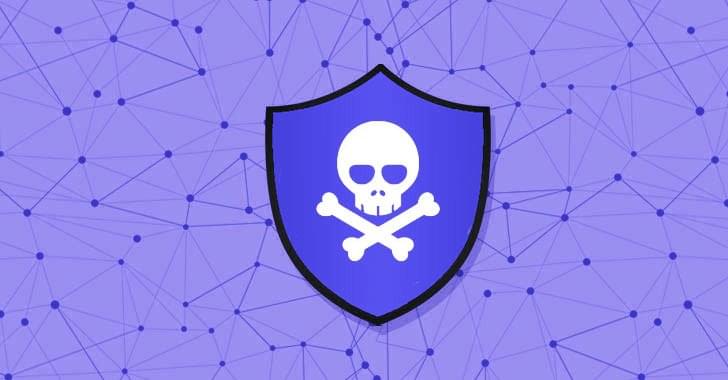Final Words
Digitization in all its forms is exciting. The development of technology is met with zeal and zest, primarily as it eases people’s lives all over and eradicates several problems. However, in all its glamour, the cybersecurity aspects of these digitizations are often undermined, as evident with the metaverse.
Although the metaverse is a genuinely remarkable concept and could help the world in several ways, it is crucial to realize that it might all fail if the cybersecurity aspect is ignored. Therefore, within all this hype on its development, cybersecurity is a topic that needs a lot more attention than it is getting.









